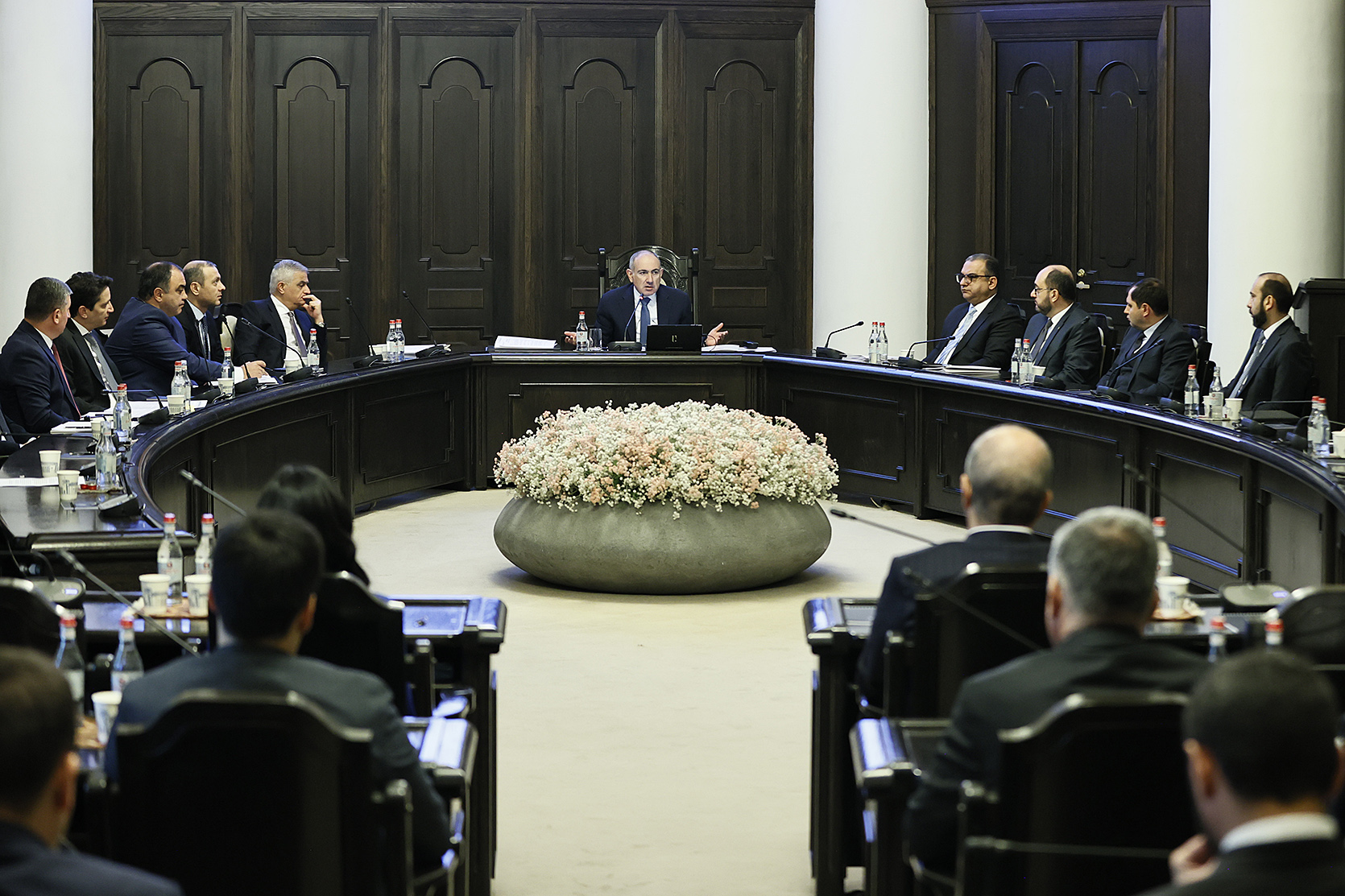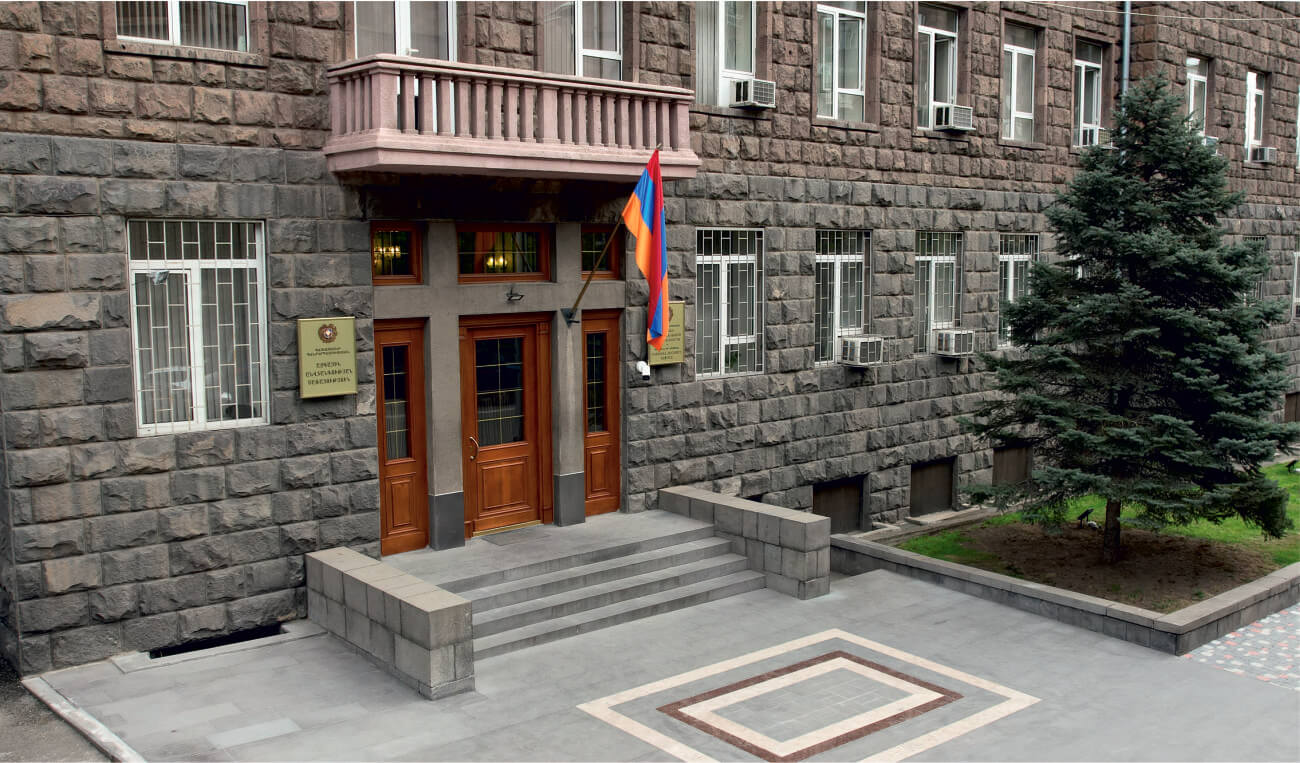Armenian Prime Minister defends staff shake-up, analyst labels it 'unsubstantiated'
Pashinyan explains staff reshuffle
Prime Minister Nikol Pashinyan addressed public concerns over recent dismissals and appointments in a Facebook post, aiming to explain the rationale behind the changes. He asserted that his government’s approach reflects the “value system of the 2018 people’s non-violent velvet revolution, real Armenia, statehood, sovereignty, and independence.”
Political analyst Suren Surenyants dismissed Pashinyan’s explanation as lacking substance. Speaking to JAMnews, he criticized the Prime Minister’s approach, saying the post fails to clarify the principles behind the personnel decisions.
“Pashinyan is perpetuating the flawed authoritarian practices of the past, where dismissals happened without any clear justification. New officials are appointed, but we have no idea about their mission or program. The rest is just empty rhetoric—grand phrases that do nothing to change the essence of his personnel policy,” Surenyants remarked.
- “Baku wants Yerevan to acknowledge its hegemony” – Armenian political analyst
- “Kremlin is depriving Georgia and Armenia of European future” – Armenian expert
- Demand for Pashinyan’s resignation – live at midnight on Armenia’s Public TV
Pashinyan categorizes appointees into two groups
Prime Minister Nikol Pashinyan, in a social media post, categorized those appointed or invited to take high-ranking positions in November into two groups:
- Members of the 2018 revolutionary team who passed the electoral “filter,” earned the trust of the people, and lived up to it;
- Officials who were part of the state administration during the revolution, gained greater opportunities to realize their potential after its victory, effectively utilized them, demonstrated loyalty to the ruling majority’s ideology, and became part of the team.
“I cannot say that other formulas won’t be applied in the near future. However, the formulas described above will remain the foundation of our personnel policy,” Pashinyan declared.
On November 18, six officials announced their resignations, including the Chairman of the Supreme Judicial Council, the head of the Anti-Corruption Committee, the Minister of Internal Affairs, the head of the Investigative Committee, the Minister of Territorial Administration and Infrastructure, and the Chairman of the State Revenue Committee. Two new ministers—the Minister of Internal Affairs and the Minister of Territorial Administration—have already been appointed.
The reasons behind these dismissals were not officially disclosed. However, prior to the resignations, Pashinyan had addressed issues in the judiciary during a government meeting, saying his “patience had reached its limit.” Following the resignations, he stated that the dismissals were “systemic, not personal.” In an interview with Armenia’s First Channel, Pashinyan confirmed reports that he had sent electronic messages to the officials, requesting their resignations.
Political analyst Suren Surenyants
Political analyst Suren Surenyants has criticized Armenian Prime Minister Nikol Pashinyan’s personnel policy, calling it “unsubstantiated, poorly thought-out, and lacking a meritocratic foundation [i.e., failing to consider appointees’ abilities],” making it nearly impossible to assess.
“We still don’t understand the appointments made after the revolution. We don’t understand what happened before the [44-day war in 2020] or after it. The chaos in Pashinyan’s domestic and foreign policies is mirrored in his personnel policy. If this weren’t the case, we would have seen at least one reform successfully completed in any sphere,” Surenyants said.
He attributed the situation to the immaturity of the revolutionary team, which, in his view, was not prepared to achieve changes through electoral processes:
“Revolutions tend to result in the selection of irrational personnel and the promotion of irrational ideas. After that, it’s unreasonable to expect any strict logic in personnel policy.”
Addressing Pashinyan’s frequent references to a “value system,” Surenyants pointed out that during the 2018 revolution, the Prime Minister did not mention the idea of a “real Armenia,” a concept he now frequently invokes:
“After the 44-day war in 2020, Pashinyan began pushing the narrative of a ‘real Armenia’ to mask his own responsibility. What lies behind this phrase is the image of a defeated Armenia.”
Surenyants suggested that the recent dismissals could mark the start of Pashinyan’s campaign for the 2026 parliamentary elections:
“He’s trying to appoint new scapegoats and relaunch his unfulfilled promises with a new team. Whether this strategy will work in his favour or backfire remains to be seen.”
The analyst also criticized Pashinyan for attempting to downplay the accountability of dismissed officials:
“If the Prime Minister diminishes the personal responsibility of these individuals, he exposes his own weakness as the leader of this system. It reveals that, in seven years, he has been unable to build a functioning system.”
Surenyants argued that in a democratic society, the public deserves clear explanations for why a specific official was dismissed and why their successor was appointed. Without such transparency, he noted, it is impossible to understand how the new appointee differs from their predecessor.
Pashinyan explains staff reshuffle




















